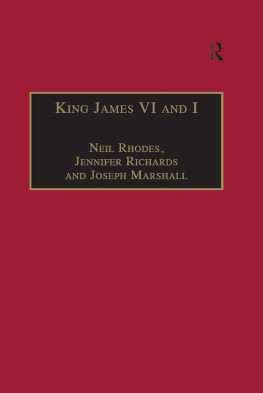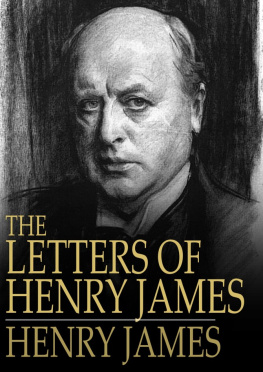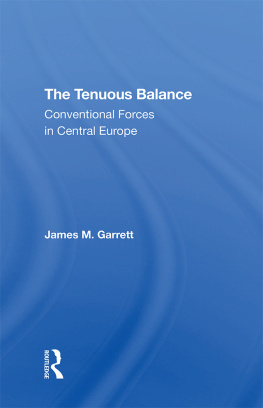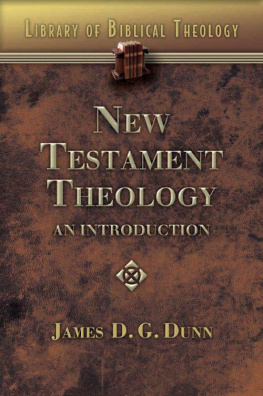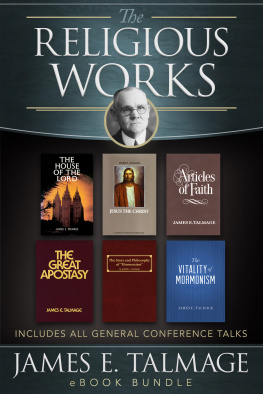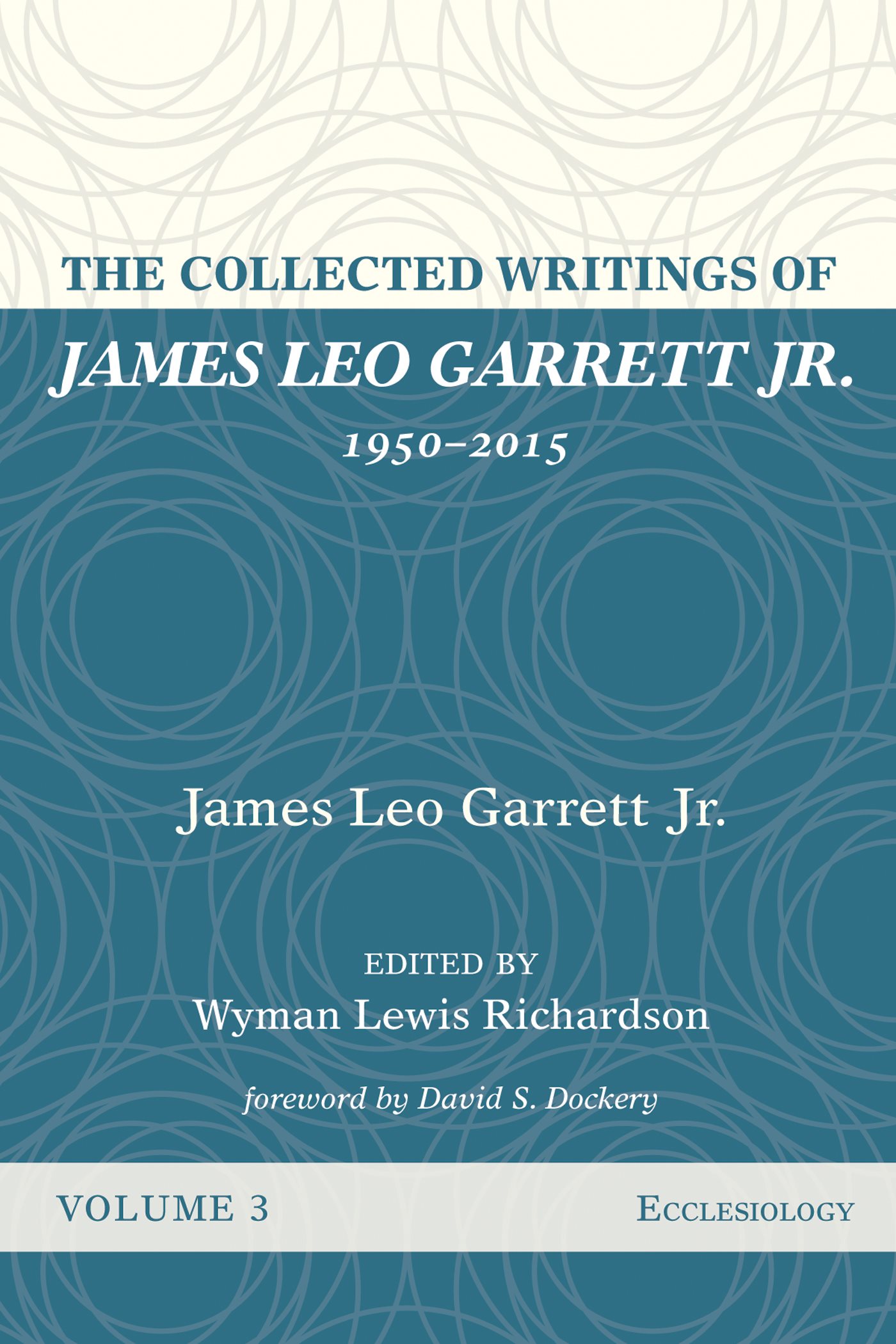Foreword
T hough it has now been almost four decades since I walked into the classroom of Professor James Leo Garrett Jr. when I was a student at Southwestern Baptist Theological Seminary, I still remember that time ever so clearly. Here was a master historian and theologian, and I recognized what a privilege it was to study with him. The lectures were comprehensive, the readings extensive, and the course requirements were challenging. Since that time, I have continued to be his student. In Gods good providence, I have been blessed to have a four-decade long friendship with my teacher and mentor. I have not only learned directly from him though conversations and correspondence, but I have tried to read his many and prolific publications. About years ago, I was honored, along with Paul Basden, to be given the privilege to edit a volume of essays in honor of Dr. Garrett called The People of God: Essays on the Believers Church . Not only have I read his incredibly well-researched two volumes of systematic theology, but, also, his many other works, including a host of articles and chapters represented by the collection found in this particular volume. I am certainly grateful to Wyman Richardson for his vision to bring these volumes together for a new generation of students and church leaders.
Volume three in this multi-volume collection focuses on Dr. Garretts writings on Baptist ecclesiology. Readers will be introduced to thoughts on the biblical understanding of church, the meaning of the believers church and church renewal, interaction with numerous others regarding church polity, congregationalism, and the importance of deacons, as well as thoughtful reflections on issues such as baptism, church membership, church discipline, and church architecture. As we read these various pieces, we get a small glimpse into the breadth and depth of Dr. Garretts wide-ranging engagement with the biblical text and early church fathers, with Reformers and contemporary theologians, with a wide array of Baptist leaders, thinkers, and confessional statements, with Roman Catholic, Orthodox, and Protestant authors, as well as with scholars and practitioners. His grasp of these issues, and perspectives on these various issues, is nothing less than encyclopedic.
A brief introductory overview of some of the church-related themes encountered in this volume will perhaps be helpful for readers. Volume three of The Collected Writings of James Leo Garrett Jr. maintains a focus on the church, which is the community of men and women who have responded to Gods offer of salvation. The church provides order, organization, and mission directives for the people of God. Dr. Garrett wrestles with the meaning of the local church as well as the universal church, doing so in conversation with other traditions. The perspectives found in this volume on these ideas and issues are faithful to the best of the Baptist tradition. Garretts work examines the nature and mission of the church, including the order and organization of the church, its worship, mission, ministry, fellowship, ordinances, and discipline.
Dr. Garrett contends that the biblical idea of church must be understood from the usage of ekklesia in the New Testament. The basic idea means a gathered group of people. In the New Testament, ekklesia has a variety of meanings in the places where the word is found, but most of these usages point to a local body of believers. What the church is precedes an understanding of what the church does. In both origin and end, the church belongs to the triune God. Membership is by Gods grace for those who have placed their faith in Jesus Christ and who have been baptized into and indwelt by the Holy Spirit. The church is a community of believers who have been called as saints.
The church in the New Testament is presented through teaching, pictures, and images as a multisided entity. The church is more than a human organization; it is an organism, a visible and tangible expression of the people who are related to Christ. We recognize that a local church is a group of baptized believers banded together for worship, edification, service, fellowship, and outreach. As Dr. Garrett notes, members of the church are those who are willing to accept spiritual oversight and discipline, who are willing to minister to all segments of society through the various gifts in the body of Christ, and who faithfully practice the ordinances. A brief summation of a Baptist understanding of the church may be found in Article XIV of the 1859 Abstract of Principles, which states that the Lord Jesus is the Head of the Church, which is composed of all his true disciples, and in him is invested supremely all power for its government. According to his commandment, Christians are to associate themselves into particular societies or churches; and to each of these churches he hath given needful authority for administering that order, discipline and worship which he hath appointed.
Dr. Garretts discussions of polity, leadership, congregationalism, and the role of deacons provide the reader with much insight. The church is to do everything decently and in order ( Cor :). For the church to function well, there is a need for an understanding of biblical leadership, which includes overseers (pastors/bishops/elders) and deacons. Additional order and organization in the church develops from needs among the congregation and the spiritual gifts available for ministry in particular settings. The function of the church is more important than its form as the entire congregation submits to the Lordship of Jesus Christ, who is head of the church. That being said, Dr. Garrett makes the case for an understanding of church architecture that will be faithful to a Baptist understanding of worship and ministry.
While Dr. Garrett received a masters degree from Princeton and a doctoral degree from Harvard, he first received degrees from Southwestern Seminary, where he was blessed to study with W. T. Conner, one of the true shaping and influential theologians in Southern Baptist history, who taught theology at Southwestern for four decades in the first half of the twentieth century. Dr. Conner often emphasized that worship is central in the existence and continuation of the church as presented in the New Testament. He maintained that the ultimate purpose of the church should be informed by the worship and praise of the One who called it into being (Eph :). Dr. Garretts reflections in this volume certainly reflect continuity with the theology of Dr. Conner.
For those who have had the privilege to observe Dr. Garretts life and work, they know the important role that the church has played for him. Thus, the explication of the church found in this volume is much more than theoretical for the author of these writings. As readers work through these articles and chapters, they will hear the convictional voice of a confessional theologian and a faithful churchman. There is much here upon which to reflect and much for ongoing thought and meditation. God called the church into being for fellowship with himself as well as with other believers. The church is to be a holy priesthood ( Pet :) while declaring the wonderful deeds of God, who called the believing community out of darkness into his marvelous light ( Pet :). Providing opportunities for worship, ministry, service, fellowship, and celebration, the church is Gods agent in the world to carry out the missionary task to and for the world, while creating opportunities for edification and ministry for followers of Jesus Christ.


